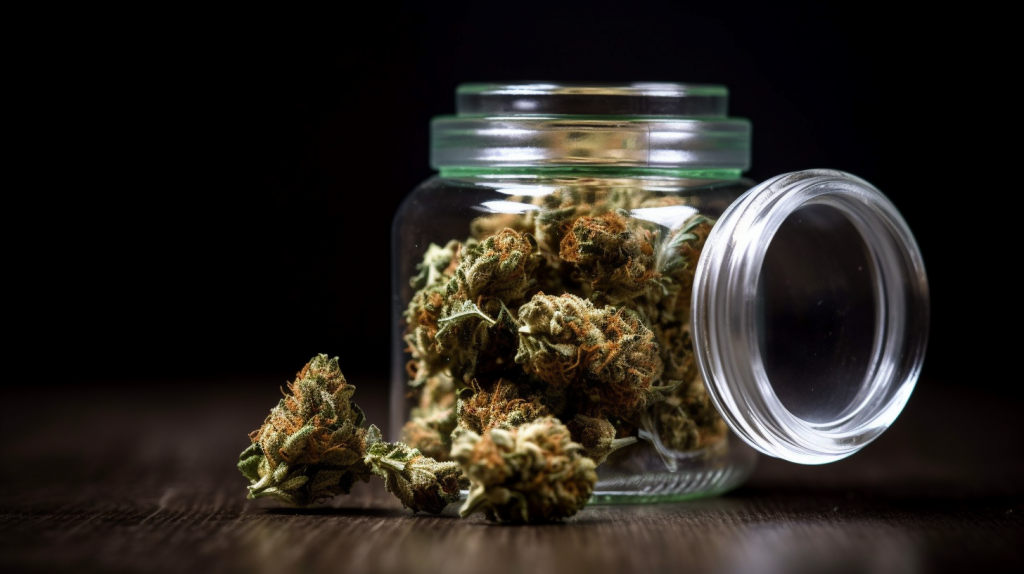
As marijuana continues to gain legal acceptance across the United States and around the world, more companies are reconsidering their drug testing policies, particularly when it comes to THC, the primary psychoactive compound in cannabis. This shift has prompted a growing demand for instant drug tests that do not include THC, as well as a reliable THC impairment test (similar to alcohol’s breathalyzer) that can accurately determine if an individual is impaired by marijuana use. By 2024, significant advancements have been made in this field, though challenges still remain.
The Changing Landscape of Drug Testing
Historically, employers have been strict about maintaining a drug-free workplace, and it has always been assumed THC would be included in the standard panel of tested drugs. With marijuana becoming legal for recreational and medicinal use in many states, companies are now grappling with the implications for their drug testing policies.
It’s important to note that state laws regarding marijuana drug testing vary widely. For example, in states like Nevada and New York, employers are prohibited from discriminating against employees based on positive THC tests, provided the use does not affect job performance or occur during working hours. In contrast, other states allow employers to maintain drug-free workplace policies and conduct THC testing, especially in safety-sensitive industries. Therefore, employers must be aware of the specific laws in their state to ensure compliance and avoid legal issues.
Some organizations have chosen to stop testing for THC altogether, primarily due to three factors:
- The evolving legal landscape surrounding marijuana use
- The desire to attract a broader talent pool, as eliminating THC testing could expand the number of potential job candidates
- The recognition that off-duty marijuana use might not necessarily impair an employee’s job performance
Drug Tests Without THC
In response to the changing legal landscape and the growing demand for drug tests that exclude THC, manufacturers have developed urine and saliva instant drug tests with popular configurations that do not test for the psychoactive compound. These tests allow companies to continue monitoring their employees for other substances while respecting their employees’ rights to consume marijuana in accordance with local laws. That said, it is still recommended to test for THC when possible and appropriate.
Employers should carefully assess their specific situations and make a determination based on local laws and regulations. In industries where safety is paramount, such as transportation or heavy machinery operation, testing for THC may be essential to maintain a safe work environment. In other cases, employers may choose to exclude THC from testing to accommodate the changing societal norms surrounding marijuana use.
To view our available drug tests that do not include THC, click here – Non-THC Tests.
The Need for a THC Impairment Test
Despite the growing acceptance of marijuana use, employers still have a responsibility to ensure a safe working environment, particularly in roles where impairment could pose significant risks. This has led to an increasing need for an accurate and reliable THC impairment test.
Unlike alcohol, where a breathalyzer can provide a reliable measure of blood alcohol concentration (BAC) and help determine impairment, no such equivalent exists for marijuana. THC can be detected in blood, urine, or saliva, but the presence of THC does not directly correlate to impairment, as the substance can remain in the body for an extended period after use.
Several companies and researchers have been working on developing a THC impairment test. While no single test has been universally accepted, some promising advancements have been made:
- Breath-based THC testing: Several companies have developed breathalyzer-like devices to detect THC in breath samples. These devices aim to measure recent marijuana use, typically within a few hours, which could provide a better indication of impairment than traditional blood, urine, or saliva tests. However, as of 2024, these breath-based THC tests are still being refined to ensure accuracy and reliability.
- Roadside saliva tests: In some jurisdictions, law enforcement agencies have adopted roadside saliva tests that can detect the presence of THC. However, these tests also face similar challenges in determining impairment, as the presence of THC does not necessarily indicate impairment.
- Behavioral and cognitive testing: Researchers at companies like DRUID App and Cambridge Cognition are exploring the use of behavioral and cognitive tests to determine marijuana impairment. These tests assess an individual’s ability to perform tasks requiring concentration, attention, and coordination – all of which can be impacted by marijuana use.
Conclusion
As marijuana legalization continues to spread, companies are reassessing their drug testing policies and shifting their focus toward impairment detection. Although advancements have been made in developing a reliable THC impairment test, no single method has been universally accepted. As research and technology continue to evolve, it is likely that a more accurate and reliable test will be developed, allowing for a better understanding of marijuana’s effects on workplace safety and productivity.
Last Updated: 5/28/2024
—–
Disclaimer: The information presented in this article is intended for informational purposes only. RiskProducts.com is not a law firm, and no attorneys were employed or consulted in the compilation of the information contained herein. It is highly recommended that users consult with an attorney or a drug testing expert before making any policy decisions based, in part or in whole, on the information contained in this article. All forms of diagnostic and employment testing must be conducted in compliance with applicable state and federal laws. Ensuring compliance is the sole responsibility of the user of this information and the entity they represent.
